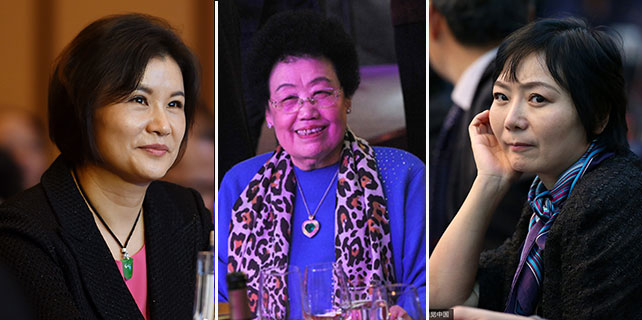US Supreme Court breathes new life into Trump's travel ban
'BONA FIDE RELATIONSHIP'
In an unusual unsigned decision, the Supreme Court on Monday said the travel ban will go into effect "with respect to foreign nationals who lack any bona fide relationship with a person or entity in the United States."
A lack of a clearly defined relationship would bar from entry people from the six countries and refugees with no such ties.
Hawaii Attorney General Douglas Chin, who successfully challenged the ban in lower courts, said that students from affected countries due to attend the University of Hawaii would still be able to do so.
Both bans were to partly go into effect 72 hours after the court's decision. The Department of Homeland Security promised clear and sufficient public notice in coordination with the travel industry.
Trump signed the order as a replacement for a Jan 27 one issued a week after he became president that also was blocked by federal courts, but not before it caused chaos at airports and provoked numerous protests.
Even before the Supreme Court action the ban applied only to new visa applicants, not people who already have visas or are US permanent residents, known as green card holders. The executive order also made waivers available for a foreign national seeking to enter the United States to resume work or study, visit a spouse, child or parent who is a US citizen, or for "significant business or professional obligations." Refugees" in transit" and already approved would have been able to travel to the United States under the executive order.
A CONSERVATIVE COURT
The case was Trump's first major challenge at the Supreme Court, where he restored a 5-4 conservative majority with the appointment of Neil Gorsuch, who joined the bench in April.
There are five Republican appointees on the court and four Democratic appointees. The four liberal justices were silent.
Gorsuch was one of the three conservative justices who would have granted Trump's request to put the order completely into effect. Fellow conservative Justice Clarence Thomas wrote a dissenting opinion in which he warned that requiring officials to differentiate between foreigners who have a connection to the United States and those who do not will prove unworkable.
"Today's compromise will burden executive officials with the task of deciding - on peril of contempt - whether individuals from the six affected nations who wish to enter the United States have a sufficient connection to a person or entity inthis country," Thomas wrote.
The state of Hawaii and a group of plaintiffs in Maryland represented by the American Civil Liberties Union argued that the order violated federal immigration law and the Constitution's First Amendment prohibition on the government favoring or disfavoring any particular religion. Regional federal appeals courts in Virginia and California both upheld district judge injunctions blocking the order.
Reuters
















